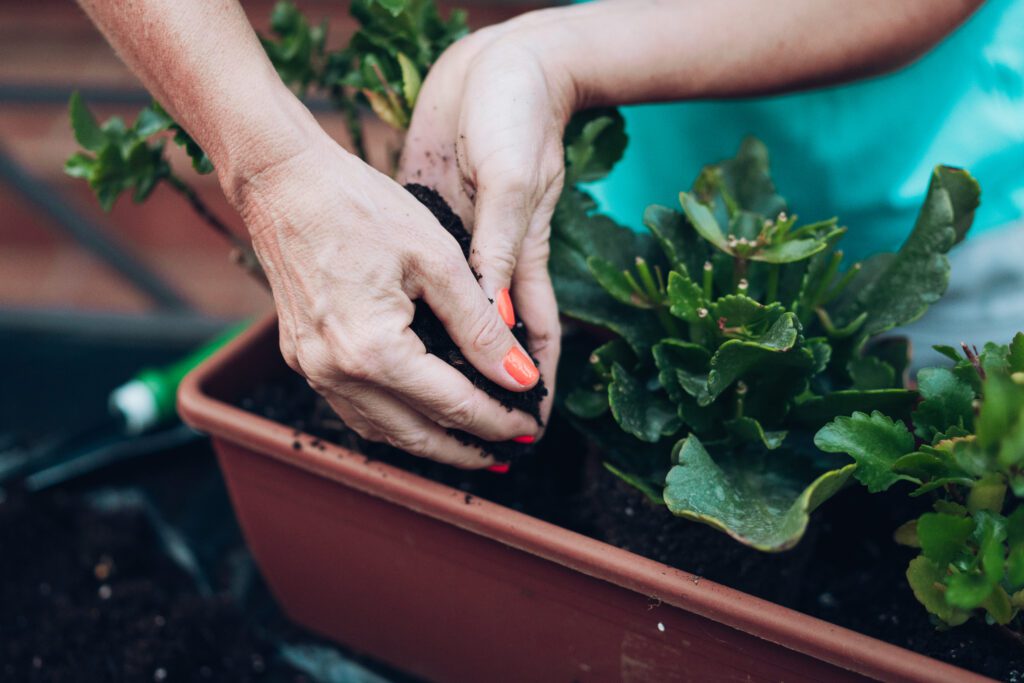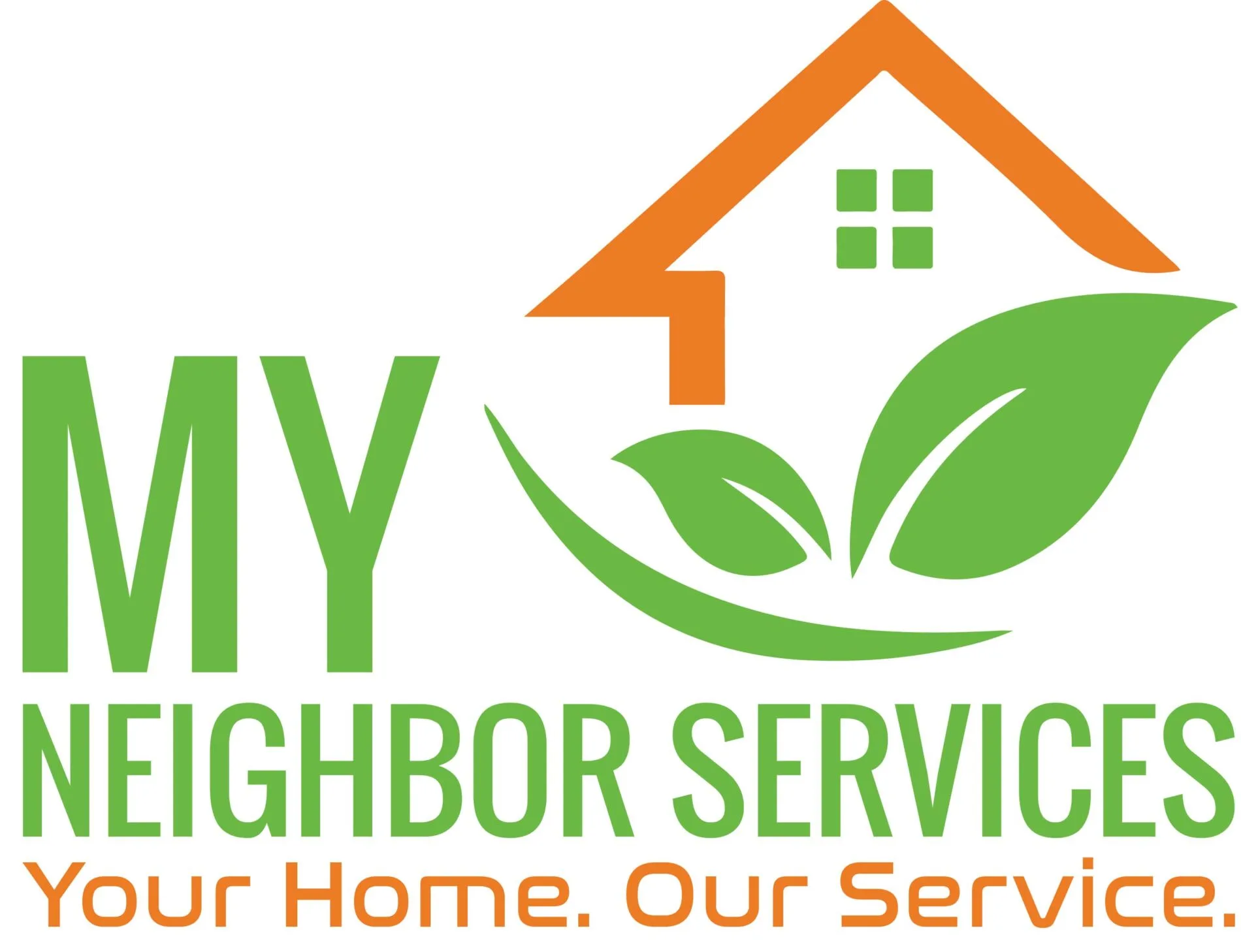
Mulching: Is it Being Green or Sustainable?
When lawn care experts talk about mulching their lawn, they are not talking about just throwing leaves under the lawnmower blade. The term “mulch” is used to describe a fine layer of materials that is spread on top of your lawn and left there to decompose. Makers of mulch products claim that composting through the use of this material can significantly reduce pollution in soil and water. However, others argue that the practice is harmful to the environment because too many plant particles are
Types of Mulching Options
Mulching is a process that breaks down and separates plant material into smaller pieces before removing the debris. There are different types of mulching: traditional, natural, mechanical, and chemical. Most mulching methods can be used for both green and sustainable landscaping.
Traditional mulches are composed of dried leaves, sawdust, peat moss, bark, straw, or compost that are ground to create a fine powder. They don’t break down the organic material so they may not be as environmentally friendly.
Natural mulches include grass clippings infected with bacteria that break down plant matter over time.
Mechanical mulch includes stones and rocks with a rough texture that offers a surface area for weed seeds to germinate into plants.
Chemical mulches include products such as lime or treated wood chips to prevent weeds from germinating into the root zone.
Mulching is a way to reduce the volume of yard waste and make it easier to dispose of. There are many different ways mulch can be applied, depending on the goals for your property. Some options include leaving the mulch on top of the soil, spreading it out over a small area, or mixing it into the compost pile.
Pros and Cons of Mulching
Some people believe that mulching is being green because it takes less material out of the ground than leaving a strip of grass untouched. However, it can take longer to get rid of the grass clippings, and spreading mulch over a large area reduces the number of nutrients available to plants that would otherwise be able to grow in those areas. Moreover, mulching involves taking lots of extra time and energy.
Mulching is the process of shredding and scattering over large areas the surface of a plant’s remaining dead or decaying leaves, twigs, etc. It isn’t very hard on the soil and does not require digging up to decompose leaves in the compost bin. However, it might not be green to make compost from leaf material that has been mulched over some other ground area. In addition, mulching is usually more effective in warmer climates where there is more rainfall and plants are growing vigorously.
The Value of Mulching
In the United States, we have over 35 million acres of lawns. That’s a lot of lawns and a lot of fertilizer used on those lawns. A single acre of grass requires about 30 pounds of nitrogen fertilizer, which produces about 2.2 tons of carbon dioxide pollution each year when it is released into the atmosphere as gas from leaching into waterways to fertilize crops.
In other words, grass takes care of itself by turning all that nitrogen into another form in the soil and releasing carbon dioxide back into the atmosphere while it’s doing so. The value of mulching is in its ability to decompose organic material that would otherwise turn into compost and soil gas. It also creates a feeding, fertilizing, and moistening effect. Mulch is made of organic materials like leaves, wood chips, straw, and clippings that have been shredded into small bits and are spread over the soil surface.
How to Use a Mulcher
Mulching is a method of decomposing leaves and plant material into compost. It uses a machine to chop the ground material into small pieces so that it can be taken up by the plant roots. It’s often used in backyard landscaping. Mulching has been around for a long time, but it has only recently become the trend of choice. It is a process where leaves and other organic materials are shredded into small pieces by a machine that uses both blades and rotating knives to cut through the material.
Mulching is the process of using a mulcher to chop up and grind leaves, fallen branches, or other vegetation using a rotating blade. This can be done in order to reduce these materials into small enough pieces for decent composting. Some people argue that mulching is less sustainable than other methods because it uses more natural resources like gasoline and electricity to operate.
However, there are many benefits that mulching offers: it has a lower carbon footprint, reduces soil erosion by reducing surface area, helps maintain the health of plant roots and soil microorganisms, and decreases the use of herbicides in landscaping plans. Mulch can also be beneficial for reducing weed infestation.
How to Get the Most From Your Mowing
There is a lot of talk about mowing being more environmentally friendly because it allows farmers to grow more crops on the same amount of land. The problem with this conclusion is that it assumes that organic matter that is used to fill the bed of a tractor-type mower will decompose and not be used again. In reality, the mulch provides nutrients for future crops and can beneficially affect soil conditions.
Most people are aware of the environmental benefits of mowing a lot of your lawn but many know little about mulching. When you mulch, you leave the grass clippings on the lawn instead of in a bag or waste bin. This makes it easier for plants to take up nutrients and water because they have more to work with. You may have noticed that you are leaving piles of grass clippings from the mower in your yard. This is a common practice and can be done with your lawn so long as you mulch them.
Mulching requires a bag or mulcher to get rid of these clippings. The best way to do this is with an electric mower, which has the power to shred and grind these clippings into ground-up pieces.

